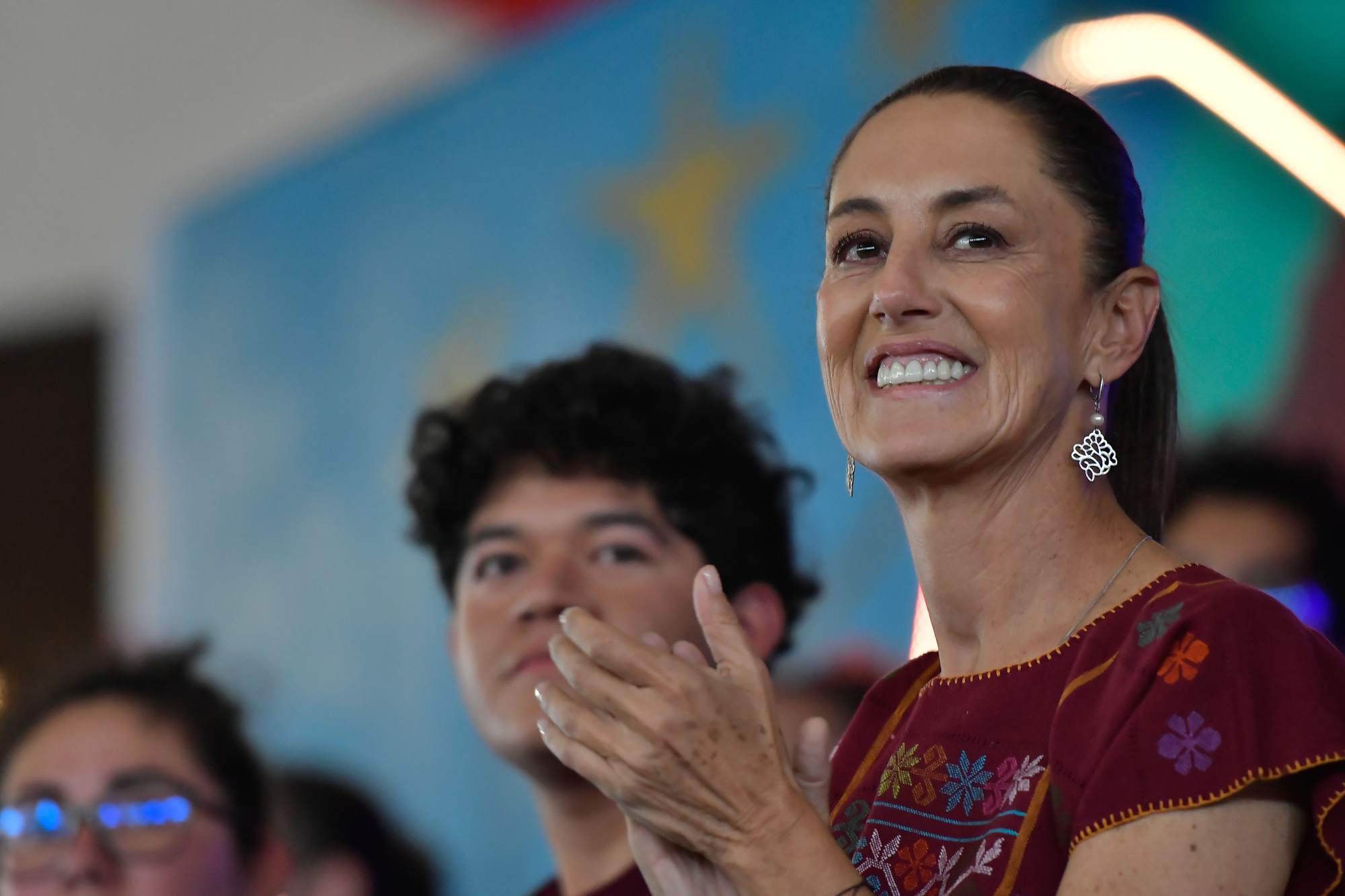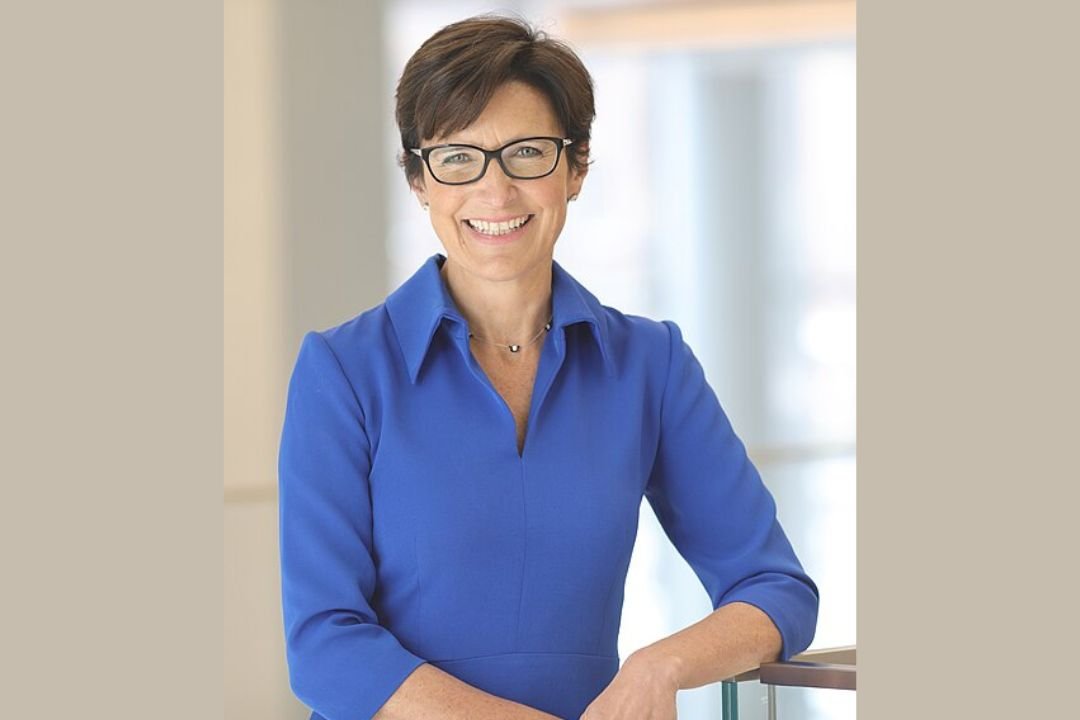
The ruling party in Mexico has officially selected Claudia Sheinbaum, the former Mayor of Mexico City, as its candidate for the upcoming presidential race, setting the stage for Mexico’s potential first female president. On the opposing side, the major opposition coalition has already chosen Xóchitl Gálvez, a sitting senator in the Mexican Congress, as its candidate.
Claudia Sheinbaum, a 61-year-old physicist and former university professor, and Xóchitl Gálvez, a 60-year-old successful tech entrepreneur, are poised to compete in the election scheduled for June 2 2024.
However, the nomination process was marred by controversy within the ruling Morena party. Claudia Sheinbaum’s main rival, Marcelo Ebrard, raised concerns about unspecified “faults” in the primary process even before the final results were announced. Ebrard, a former foreign minister, publicly called for a redo of the internal polling, alleging that his campaign representative had been mistreated by police when attempting to enter the site where the ballots were being counted.
Gálvez, the opposition candidate, made light of the turmoil and invited Ebrard to join her movement. Meanwhile, Morena party officials disputed Ebrard’s claims and declared there would be no new polling. Sheinbaum secured an average of 39.4% of the votes in five internal polls, with Ebrard coming in second at 25.8%. Notably, Ebrard did not attend the unveiling of the results.
These allegations exposed deep divisions within Morena, the political powerhouse founded by President Andrés Manuel López Obrador. Morena and its allies hold a majority in Congress, and they govern in 21 of Mexico’s 31 states as well as Mexico City.
While Ebrard had previously questioned the fairness of Morena’s primary process, it was widely expected that he would accept defeat and consider a Cabinet post if Sheinbaum won. However, after the events on Wednesday, there were rumors circulating that Ebrard might enter the presidential race as a third-party candidate.
President López Obrador had dictated the terms of Morena’s primary race and ruled out divisive debates. He repeatedly denied favoring Sheinbaum in the primary process. López Obrador, who is popular among poor and working-class voters but also a divisive figure, is set to complete his six-year term on September 30, 2024, as Mexican law prohibits presidential reelection. He has stated his intention to retire.
Next year’s election is seen as a test of whether López Obrador has built a lasting political movement that can maintain dominance even after he steps down. If elected, Sheinbaum would also make history as Mexico’s first president of Jewish ancestry, with her grandparents emigrating from Eastern Europe.
Sheinbaum, a native of Mexico City, has been politically engaged since her high school years when she protested against the exclusion of many underprivileged students from higher education. She pursued her education in the United States, earning a doctorate in energy engineering and later entering politics at the invitation of López Obrador, which marked the beginning of her rapid political ascent.
This election comes after years of political progress for women in Mexico, with a woman currently leading the Supreme Court and women serving as governors in eight of the country’s 31 states. In 2022, women accounted for 25% of the country’s mayors.









